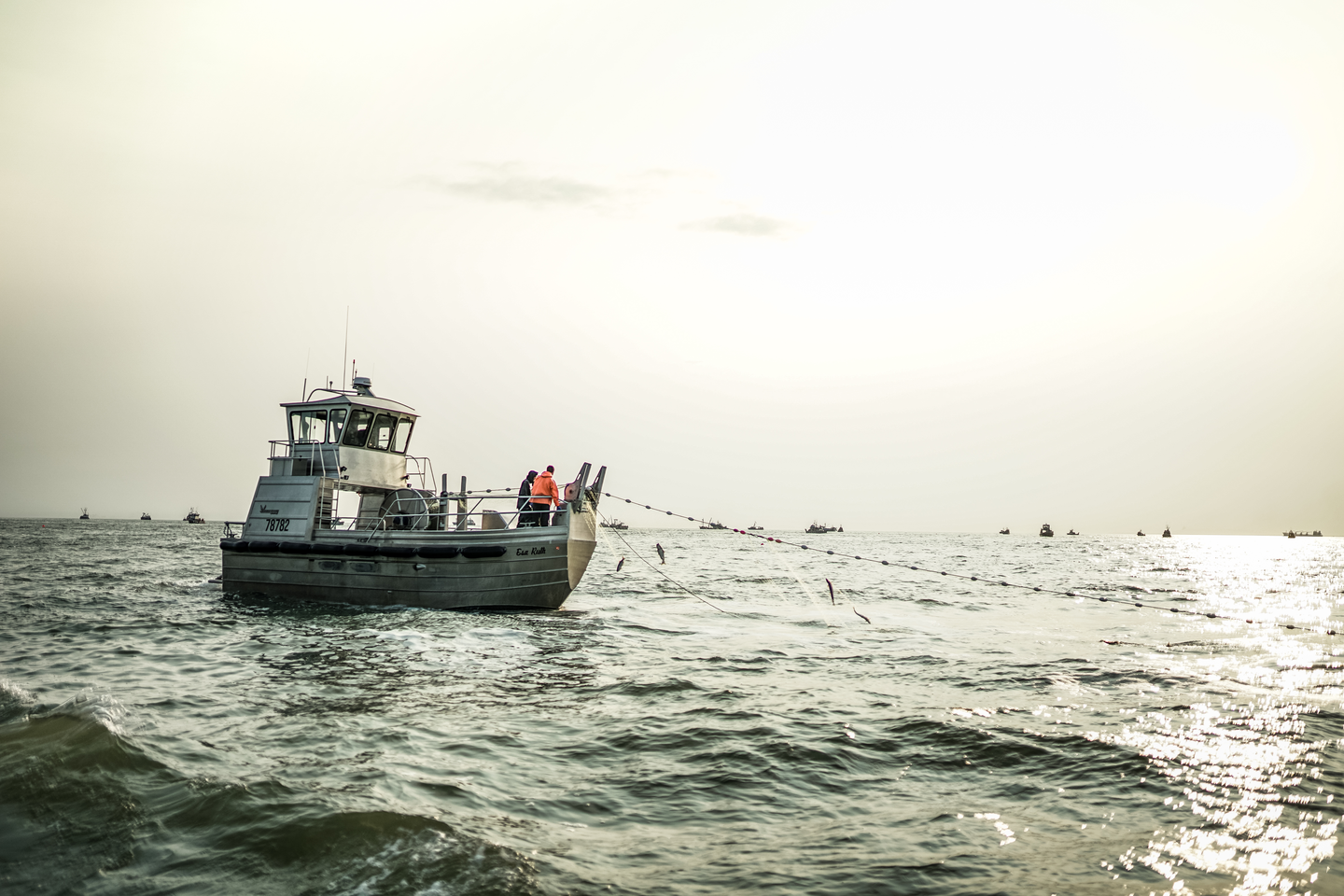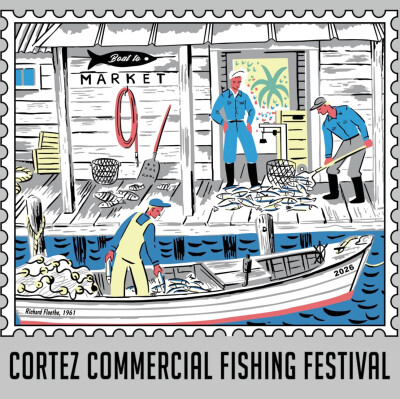The Alaska Wildlife Troopers are advising Bristol Bay commercial salmon drift gillnet permit holders that their vessels will be measured during the 2023 season to ensure that all boats in the fleet conform to the 32-foot overall rule.
“The Alaska Wildlife Troopers are aware of the increasing concern fishermen have regarding drift gillnet vessel lengths in the Bristol Bay Salmon Fishery,” Col. Bernard Chastain, the agency director, wrote in a Feb. 14 letter to permit holders.
“AWT has inspected multiple vessels post-season and have noted several areas of concern regarding overall length in the fleet,” wrote Chastain, referring to state regulation of Bristol Bay vessel specifications.
“The regulation limits drift gillnet vessels to 32 feet in overall length, with a few exceptions. One exception is an anchor roller may extend no more than eight inches beyond the 32-foot overall length and may not be more than eight inches in width or height,” Chastain noted. “The regulation defines ‘overall length’ as the straight-line measurement between the extremities of the vessel, but does not include fish drop-out baskets, anchor rollers, gillnet rollers, trim tabs, outdrives or outdrive guards.”
“The Alaska Wildlife Troopers understand that some adaptations in equipment have occurred over the years to promote product quality and overall safety within the fleet. However, other modifications have been made for operational performance,” Chastin wrote.
“The current regulations set in place by the Alaska Board of Fisheries provide a fair and equitable playing field for all permit holders. Any adaptation to vessels beyond what is currently allowed needs to be proposed to the Board of Fisheries through the proposal process and amended in regulation prior to implementation.”
The letter includes a detailed breakdown of items that are not included in the 32-foot measurement:
• “Anchor Roller” means a device used solely in the aid of deploying and retrieving anchor gear, and does not provide any additional flotation, planning surface, or structural support to the vessel.
• “Fish Drop-Out Basket” means a device used solely to prevent the loss of fish from a gillnet after the fish leaves the water and before it is brought on board the vessel; a "fish drop-out basket" does not provide any additional flotation, planing surface, or structural support to the vessel.
• “Gillnet Roller” means a device used solely in aid of deploying and retrieving drift gillnet gear; a "gillnet roller" does not provide any additional flotation or planing surface to the vessel.
• “Outdrive” means part of the propulsion system of a vessel used for either steering or thrust; an "outdrive" does not provide any additional flotation or planing surface to the vessel.
• “Outdrive Guard” means a device of skeletal construction used solely to protect the outdrive unit of a vessel; an "outdrive guard" does not provide any additional flotation or planing surface and is not used for any other purpose such as a bench, platform, or storage area.
• “Trim Tabs” means an extension of the bottom of a vessel, at the transom, which is no more than 18 inches long at its longest point; "trim tabs" do not provide any increased flotation, and their sole function is to provide trim to a vessel while underway.
“Though many vessels are 32 feet in overall length, AWT has noted multiple items that have been modified, added to, or repositioned on vessels that extend beyond 32 feet and are not allowed by regulation. Examples of possible illegal modifications include, but not limited to:”
• Anchor rollers that are longer than the allowed eight inches extending beyond the 32-foot length or are taller and wider than the allowed eight inches.
• Fish drop-out baskets that have been modified significantly. A fish drop-out basket may not provide flotation. Baskets that are built out of large diameter sealed aluminum tubing, which provides flotation when submerged under heavy loads is prohibited. A fish drop-out basket may not provide flotation.
• Gillnet Rollers structures or mounts that extend beyond the 32-foot length. Although gillnet rollers may extend beyond 32 feet, extensions of the transom beyond 32 feet overall length are not allowed. Vessels that have extended their deck working space by building mounting structures off the stern of the vessel and moving the gillnet roller further back are prohibited.
• Outdrive mounts that extend beyond the 32-foot length. Traditionally jet outdrives were bolted directly to the stern. Extension of the hull beyond 32 feet to mount the outdrive is not allowed under regulation.
• Outdrive guards that have been built with large diameter sealed aluminum tubing. If such tubing traps air which provides flotation when submerged it is prohibited under the regulations. Some vessels have guards with aluminum decks added to them to provide a platform or bench. If the vessel has an outdrive guard below the jet unit, it may not provide a planing surface and must be of skeletal construction.
• Trim tabs have been modified and act as extension of the hull if they provide additional flotation are prohibited. Trim tabs have been seen that extend more than the maximum 18-inches beyond the 32-foot overall length. The “trim tab” can be included below the jet unit but may not be more than 18-inches long beyond the 32-foot overall length.
• Miscellaneous items like refrigerated seawater systems, washdown systems, transducers, exhaust, ladders, platforms, and other items have been located aft of the transom are not authorized to be beyond the 32-foot overall length.
“In an effort to ensure a fair and equitable fishery, AWT will be measuring vessels for possible enforcement action during the 2023 fishing season.” Chastain concluded. “If you have questions on your vessel you are encouraged to call the Alaska Wildlife Trooper Post in King Salmon at 907-246-3307, Dillingham at 907-842-5351, Kodiak at 907-486-4762 or Captain Aaron Frenzel at 907-334-2501.”







